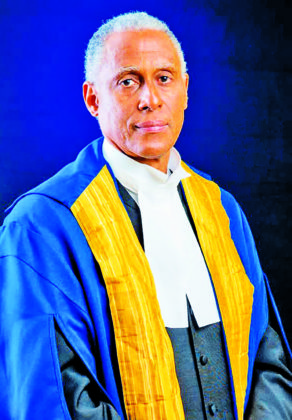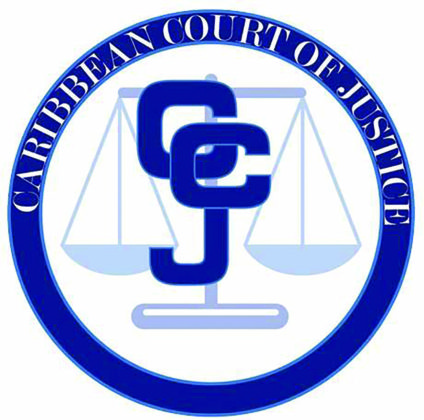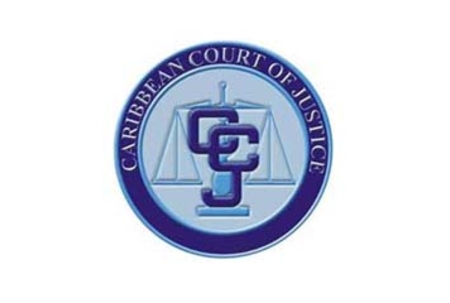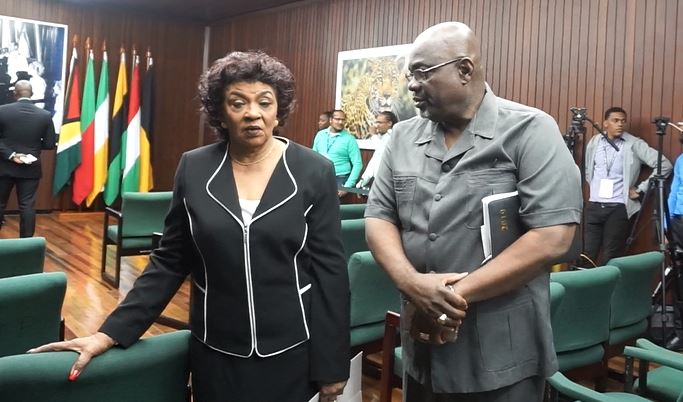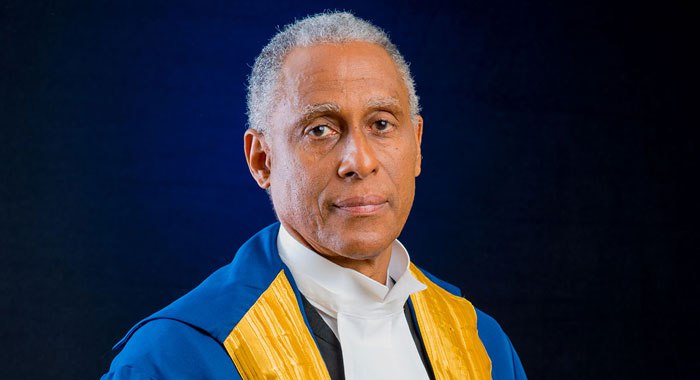GYCV2020/002 - Mohammed Irfaan Ali et al v Eslyn David et al (Judgment)
July 8, 2020
The is the judgment delivery for the hearing held on June 30, 2020. Applicants are appealing the decision of the Court of Appeal of Guyana delivered on Monday 22nd June 2020. On Thursday 18th June 2020, before the Chief Elections Officer of the Guyana Elections Commission was scheduled to submit his Report on the results of the General and Regional Elections held on 2nd March 2020.
The First Respondent filed a Notice of Motion for several reliefs, among the reliefs sought was an interpretation of the words ‘more votes are cast’ in Article 177(2)(b) of the Constitution of Guyana.
The Court of Appeal in its decision ordered that the words are to be interpreted as meaning ‘more valid votes are cast’. The Court also ordered the decision be stayed for three days.
The Applicants, who were added as Respondents before the Court of Appeal, claim that the decision was wrong for many reasons, including that the Court of Appeal did not have the jurisdiction to hear and determine the Notice of Motion.

